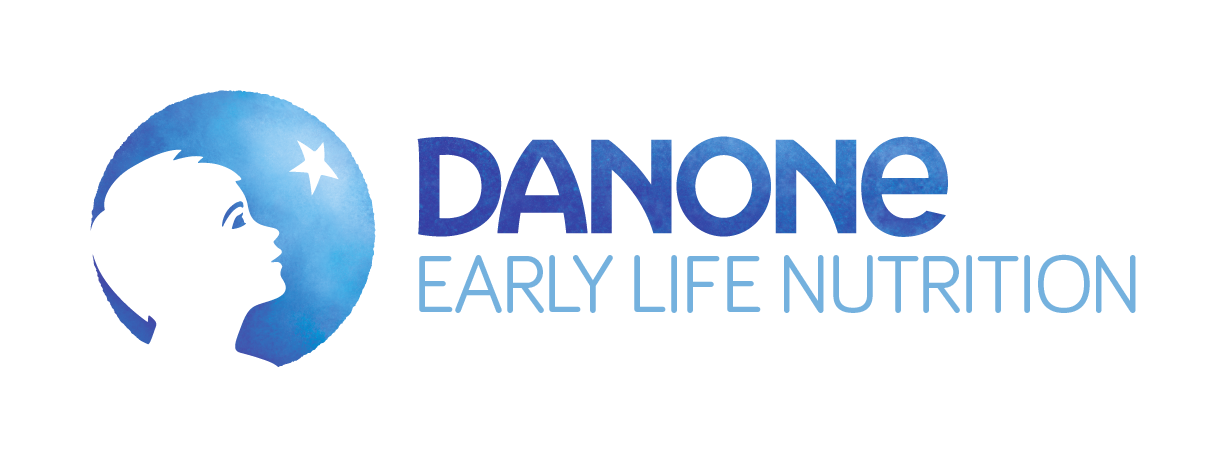

Danone ELN Greater China

Shanghai, China
May 2020
Food products
Manufacturing
China
As a pioneer in early life nutrition solutions, Danone Early Life Nutrition (“ELN”) has been building the expertise in the science of early life nutrition since 1869. Over 40 years of research into human milk, Danone Early Life Nutrition believes in the importance of the first 1000 days. They are committed to help parents and society to give children the best nutritional start in the first 1000 days, to positively influence health for a lifetime. The Chinese infant nutrition market holds great growth potential for Danone. With a multi-brand strategy, Danone ELN Greater China has introduced international brands Aptamil, Nutrilon, Cow&Gate, Karicare, and HappyBaby to Greater China, aiming to nurture a strong bond with Chinese mothers, further to be the driving force of ‘Healthy China 2030 Plan’. Furthermore, in collaboration with Danone Communities and a local social business partner, Danone ELN Greater China established a social business, NutriGo. It aims to tackle health issues, including anemia and undergrowth, with its NutriGo nutrition supplements products for children below 6 years old in China.
Overall B Impact Score
Governance 18.5
Governance evaluates a company's overall mission, engagement around its social/environmental impact, ethics, and transparency. This section also evaluates the ability of a company to protect their mission and formally consider stakeholders in decision making through their corporate structure (e.g. benefit corporation) or corporate governing documents.
What is this? A company with an Impact Business Model is intentionally designed to create a specific positive outcome for one of its stakeholders - such as workers, community, environment, or customers.
Workers 31.3
Workers evaluates a company’s contributions to its employees’ financial security, health & safety, wellness, career development, and engagement & satisfaction. In addition, this section recognizes business models designed to benefit workers, such as companies that are at least 40% owned by non-executive employees and those that have workforce development programs to support individuals with barriers to employment.
Community 20.0
Community evaluates a company’s engagement with and impact on the communities in which it operates, hires from, and sources from. Topics include diversity, equity & inclusion, economic impact, civic engagement, charitable giving, and supply chain management. In addition, this section recognizes business models that are designed to address specific community-oriented problems, such as poverty alleviation through fair trade sourcing or distribution via microenterprises, producer cooperative models, locally focused economic development, and formal charitable giving commitments.
Environment 22.4
Environment evaluates a company’s overall environmental management practices as well as its impact on the air, climate, water, land, and biodiversity. This includes the direct impact of a company’s operations and, when applicable its supply chain and distribution channels. This section also recognizes companies with environmentally innovative production processes and those that sell products or services that have a positive environmental impact. Some examples might include products and services that create renewable energy, reduce consumption or waste, conserve land or wildlife, provide less toxic alternatives to the market, or educate people about environmental problems.
What is this? A company with an Impact Business Model is intentionally designed to create a specific positive outcome for one of its stakeholders - such as workers, community, environment, or customers.
Customers 16.6
Customers evaluates a company’s stewardship of its customers through the quality of its products and services, ethical marketing, data privacy and security, and feedback channels. In addition, this section recognizes products or services that are designed to address a particular social problem for or through its customers, such as health or educational products, arts & media products, serving underserved customers/clients, and services that improve the social impact of other businesses or organizations.
What is this? A company with an Impact Business Model is intentionally designed to create a specific positive outcome for one of its stakeholders - such as workers, community, environment, or customers.